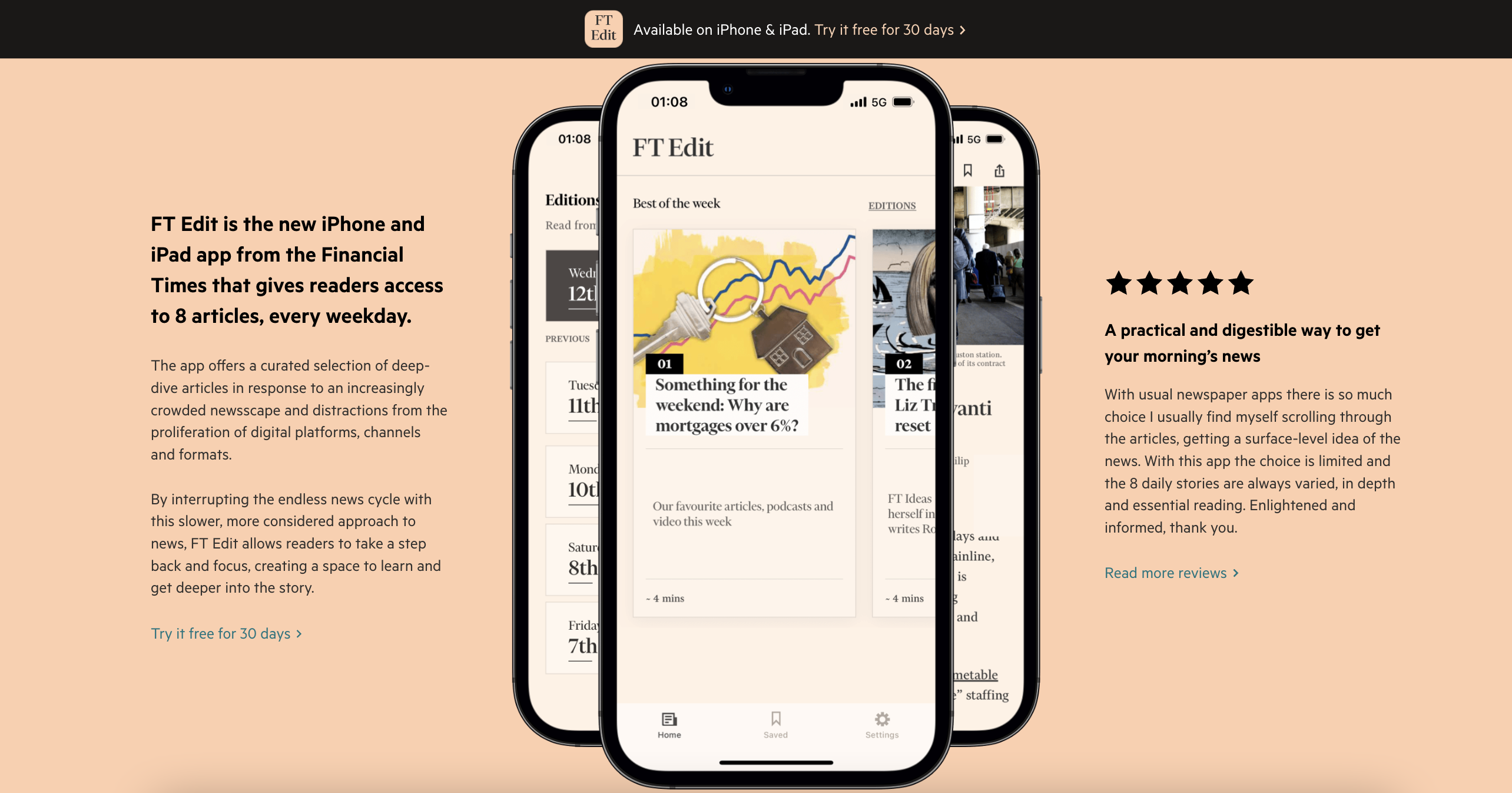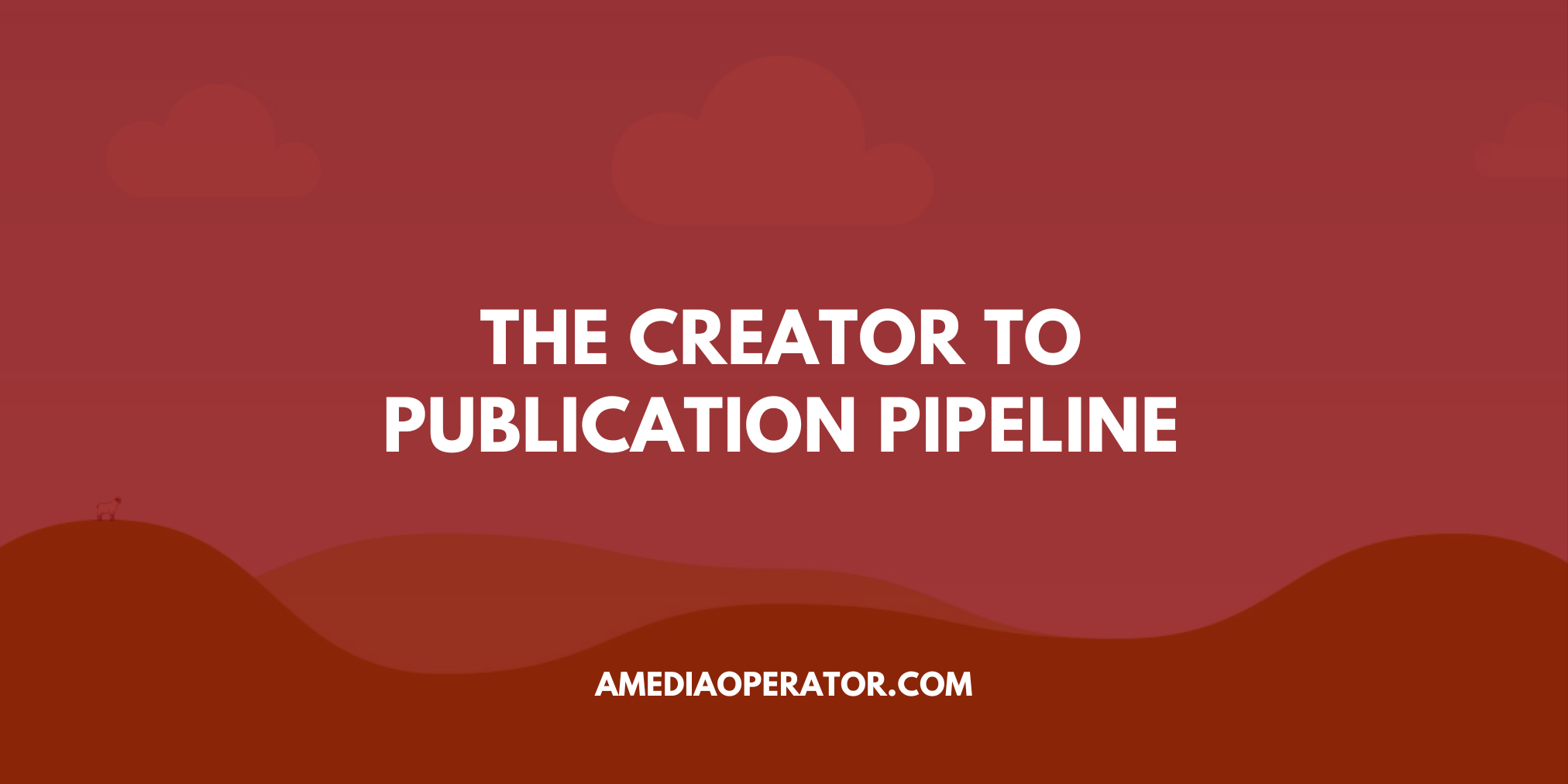- The Publisher Newsletter
- Posts
- Wednesday 27th September: TikTok woos news publishers with new rev share model
Wednesday 27th September: TikTok woos news publishers with new rev share model
Good morning! Today's newsletter is brought to you by Esther.
Media Makers Meet (Mx3) and Media Voices are collaborating on a new event focused on developments and opportunities in AI for publishers and media leaders. Join us in London on 7th December.
Today’s Media Roundup is brought to you by Mx3 AI. (Book this ad slot).
We need a version of the hype cycle chart for publisher-platform relationships. Although where we currently are with Facebook remains to be seen as there’s no Plateau of Productivity, rather a rapid degradation in the relationship which shows no signs of levelling out.
TikTok is pretty much at the beginning of this cycle. It’s been pretty slow to build formal revenue-sharing tools, which is surprising given the examples it had to learn from. Now it has announced a new contextual ad programme for publishers, Pulse Premiere, making it possible for publishers to sell ads alongside their posts.
Publishers like Conde Nast, BuzzFeed, Dotdash Meredith and Hearst are some of the ‘cultural drivers’ TikTok has wooed onto its invitation-only programme. Don’t expect riches just yet though - one estimate reckons that for 1 billion views on the platform, creators can expect just $7,000 in their bank accounts.
Media co-operative The Bristol Cable has launched a membership campaign to get more financial support from readers, and to move away from grant and philanthropic funding. The publication is known for its co-operatively owned model, with members paying a minimum of £1 a month for voting rights. Now, they’re hoping to increase member revenue by 50%.
I’m a huge admirer of the work the FT has done with its mini FT Edit app so loved reading this from Senior Product Manager Dilyana Evtimova. She rounds up the 8 things she’s learned from launching FT Edit at the Financial Times, from picking your battles to centring the value proposition at all times.
From our community forum: Google’s latest Helpful Content update has started rolling out and is causing an overall traffic drop for one publisher, but higher traffic quality. Is anyone else seeing this in their traffic? Join the conversation.
When we spoke to Casey Newton just a few months after he’d gone solo with Platformer in 2020, he spoke about hoping to evolve eventually into a ‘Scooby gang’ of journalists that collaborate on various stories. Ironically, Platformer is now a fully-fledged publication of its own - something Jacob Donnelly thinks we’ll see many more of in the coming years.
More from Media Voices







